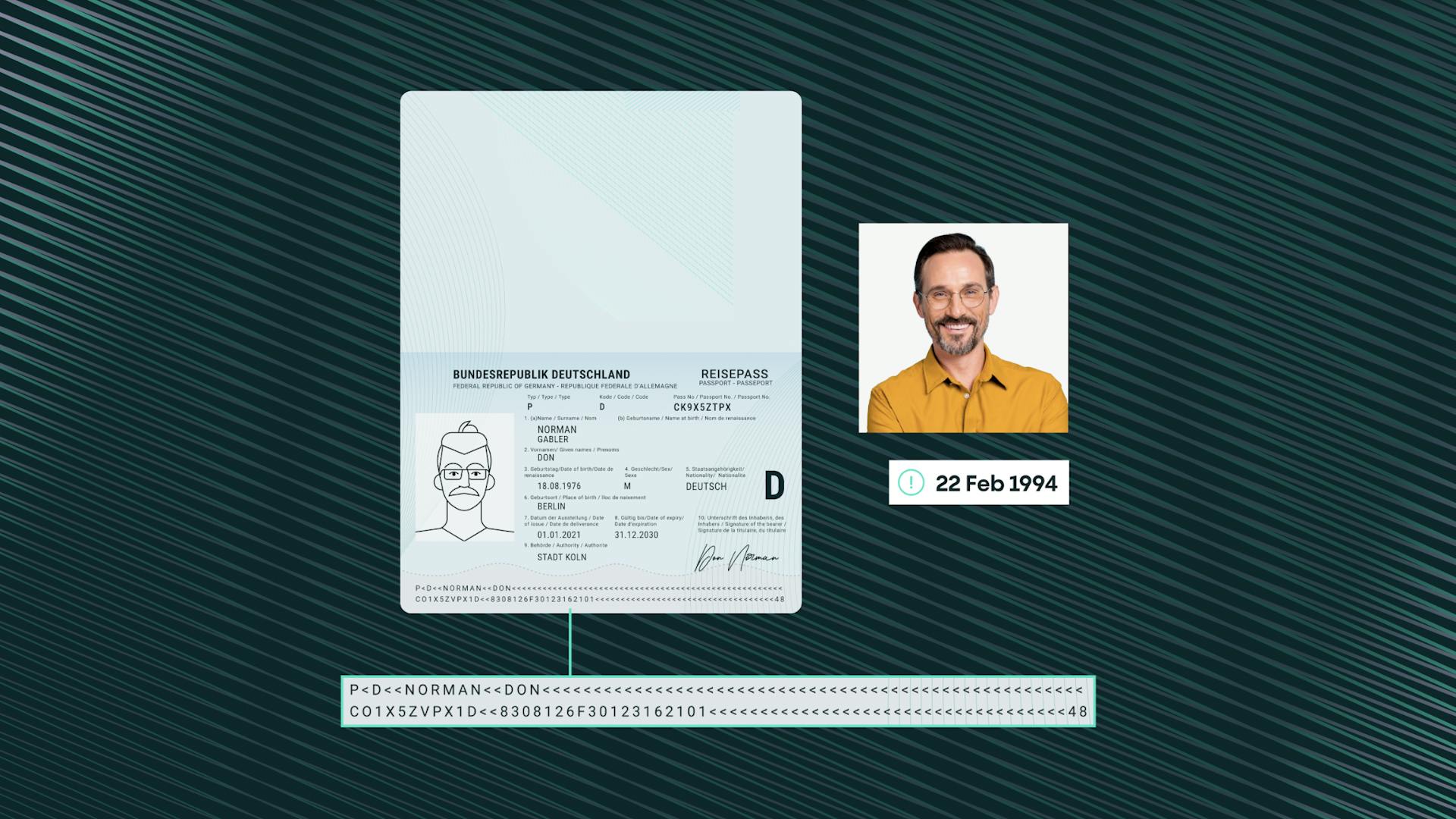Veriff, Google, and Bolt discuss how to prioritize trust and safety in the sharing economy
Hosted by Marketplace Risk, an expert panel featuring experts from Veriff, Bolt, and Google tackled some of the key issues in the sharing economy. Discover insights into the growing importance of trust and safety, plus how businesses can stay protected from fraud.


Chris Hooper
Recently, Veriff collaborated with Marketplace Risk for the webinar: Effective Strategies to Prioritize Trust and Safety in the Sharing Economy. Alongside Veriff's Tyler Lewis and Suvrat Joshi, expert speakers included Google's Head of Trust & Transparency, Play and Android, Megan Poonolly; Bolt's Senior Product Manager, Romain Moisescot; PA Consulting's Identity and Verification Lead, Carlyne Gibb.
Over the course of the discussion, the panel delved into the issues which affect the sharing economy sector, from ride-sharing businesses to temporary accommodation providers, and its users. The panel addressed how an improved consumer experience can fortify trust and safety, tactics businesses can utilize to protect their users and upgrade their reputation, and how to stay vigilant against the ever-changing threat of fraud.
Defining trust and safety today
Kicking off the conversation, the panel set about defining what they meant by "trust and safety." Gibb declared that "trust and safety is really based on knowing who it is we're interacting with. Robust user verification not only helps to that user trust and ensure safety, but also helps protect against wider threats." In the sharing economy, Gibb brought up an example of customers being mis-sold holiday homes in the rental market, and highlighted how trust and safety can be a force against "global" issues like drug trafficking and child exploitation.
For Poonolly "trust is really the cornerstone of a user's journey, from getting in a car with a stranger to thinking about hiring a caregiver online, to downloading an app. User safety is really intertwined with user trust." Poonolly explained how the sharing economy involves "intermediaries" in a departure from traditional business practices; additionally, service providers, whether taxi drivers or holiday hosts, could be "hesitant" to join a sharing economy platform if they feared being "kicked off the app without warning."
According to Suvrat Joshi "the key is to really prevent bad actors from eroding the trust that exists, but at the same time, it's important to enable a really strong playing field for the good actors as well."
The key is to really prevent bad actors from eroding the trust that exists, but at the same time, it's important to enable a really strong playing field for the good actors as well.
The gains and pitfalls for today's sharing economy sector
Having gained a better idea of trust and safety in practice, and the different perspectives, the panel moved on to discuss the major opportunities and challenges the contemporary sharing economy faces. Joshi felt there was a priority of "balancing current business needs with the user experience, balancing conversions and conversion rates with fraud," resulting in "hard trade offs."
Responding to a question from Lewis around why new businesses can be hesitant to "adopt or improve" trust and safety, Romain Moisescot called it a "reflection of the growth of the sharing economy." Moisescot suggested that embedding a "growth mindset" in a company's early stages can "come back to hurt" the company as it develops, with internal resistance due to retaining the mindset which has resulted in growth. Poonolly concurred, arguing for "smart growth or good growth, right growth" instead of growth at any cost.
To discover more of the panel's thoughts, scroll down to access the webinar, it's available for free and on-demand.
Fast decisions
A 98% check automation rate gets customers through in about 6 seconds.
Simple experience
Real-time end user feedback and fewer steps gets 95% of users through on the first try.
Document coverage
An unmatched 12K+, and growing, government-issued IDs are covered.
More conversions
Up to 30% more customer conversions with superior accuracy and user experience.
Better fraud detection
Veriff’s data-driven fraud detection is consistent, auditable, and reliably detects fraudulent forms of identification.
Scalability embedded
Veriff’s POA can grow with your company’s needs and keep up with times of increased user demand.


